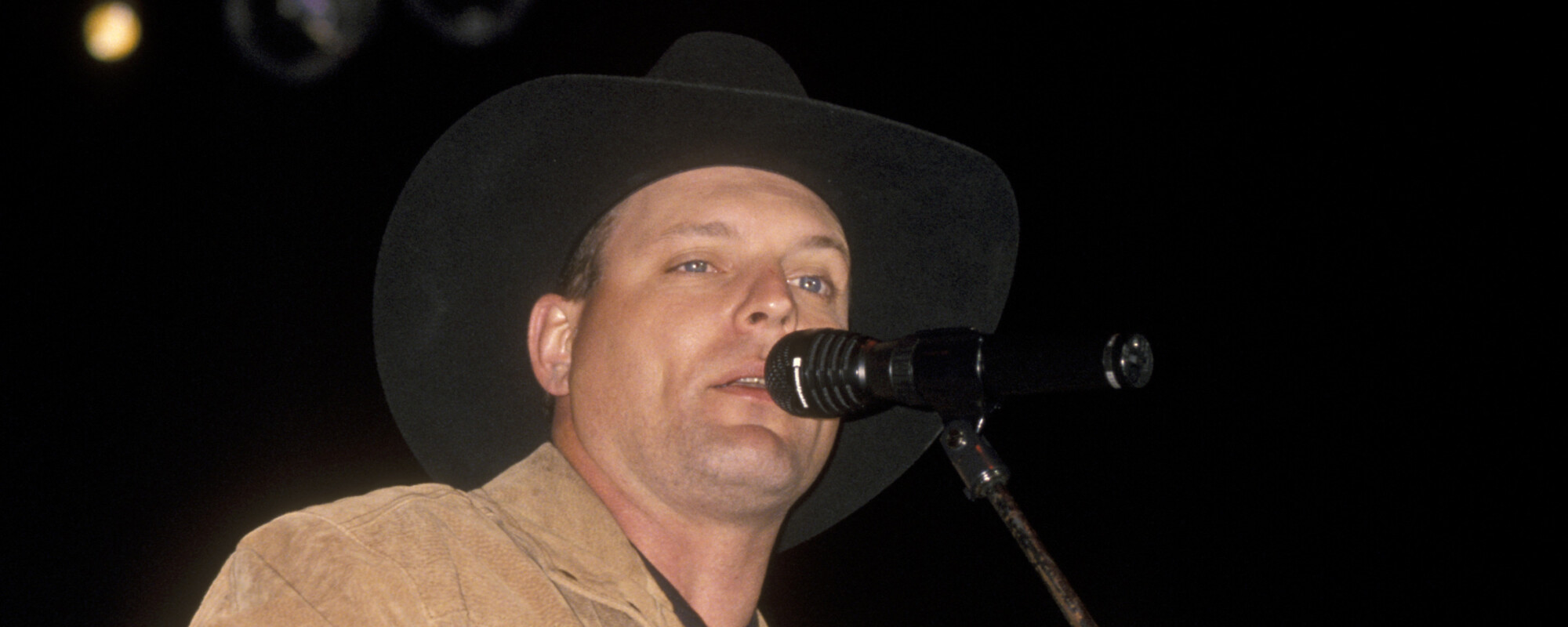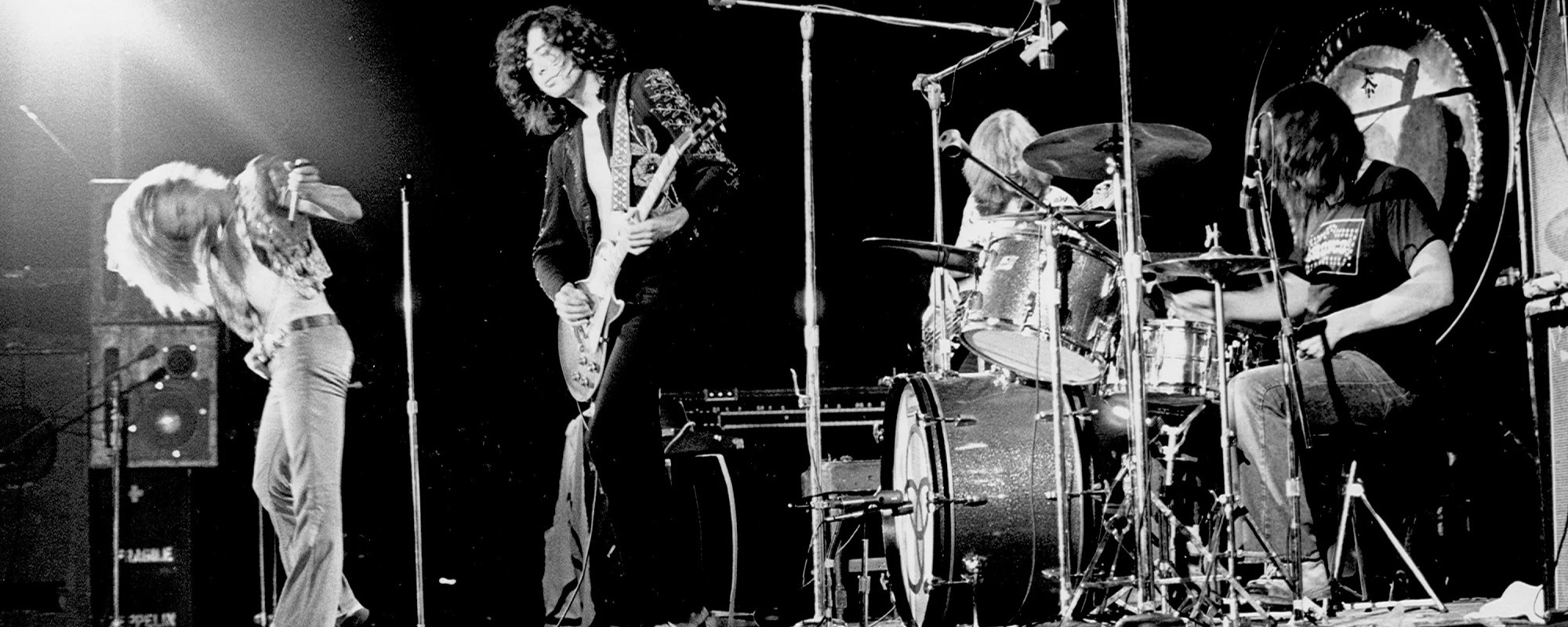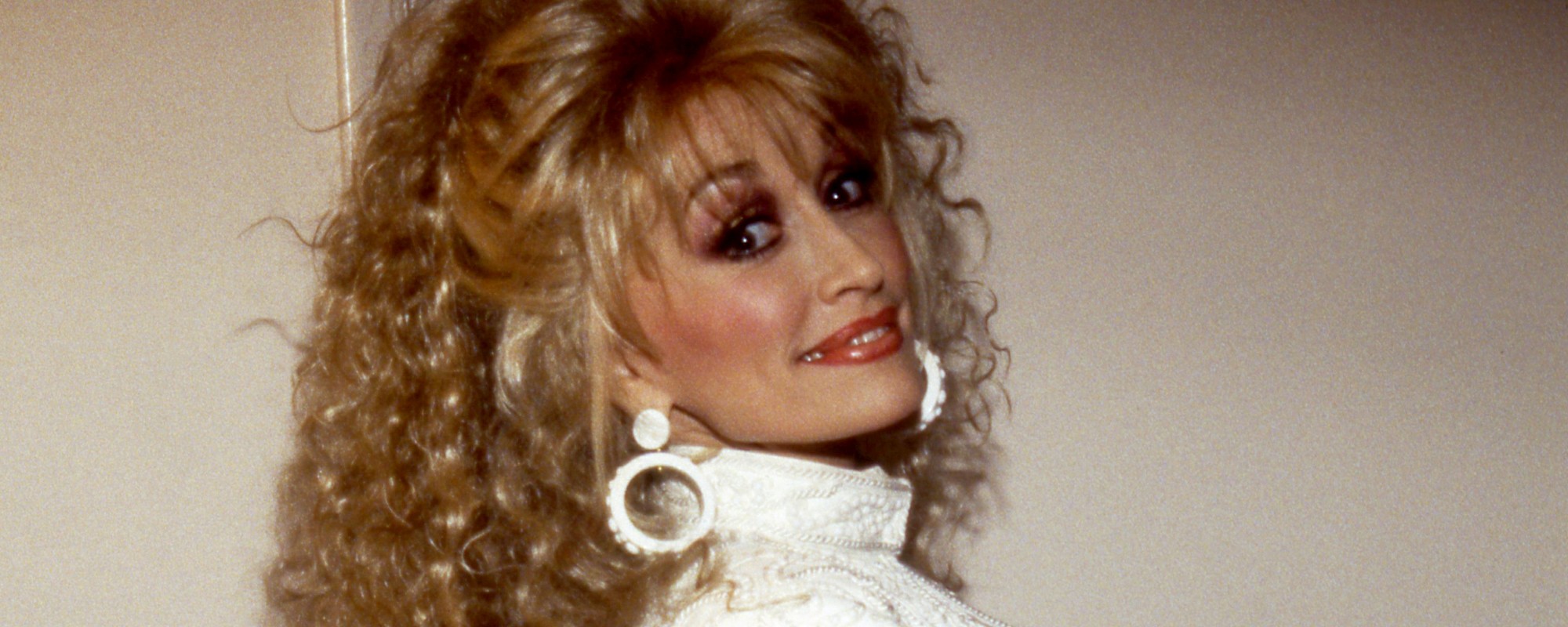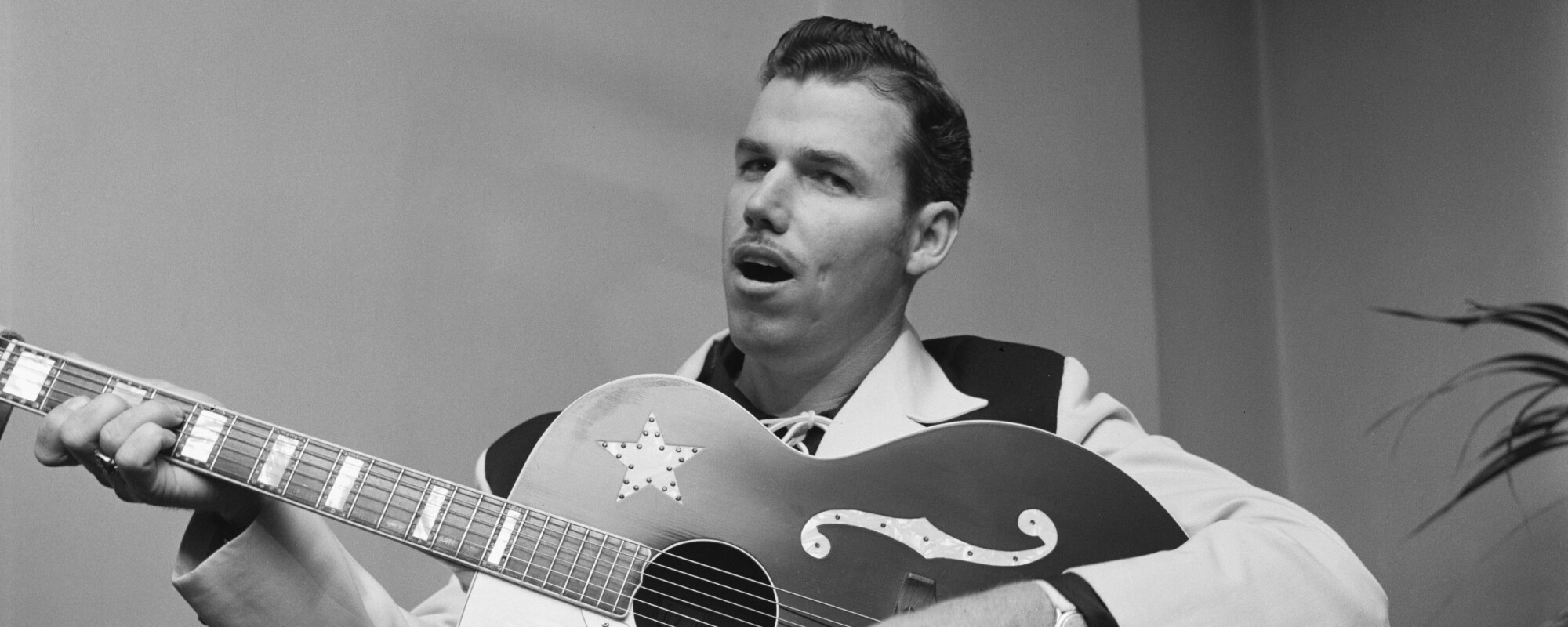Country music’s style isn’t a style that aims to jar or horrify someone. However, every so often, country musicians have done just that, and they’ve done so by telling or retelling some terrifying tales of murder, spirits, and everything else that pertains to the season and holiday of Halloween. That being so, here are three country songs to cue up on Halloween night.
Videos by American Songwriter
“The Legend Of Wooley Swamp” by Charlie Daniels Band
What is one of the more ominous environments of the American South? Swamps, of course. Many American folk tales about violent altercations and mysterious supernatural phenomena have been set in swamps. And when it comes to popular country music, one of the most notable is the Charlie Daniels’ Band 1980 single, “The Legend Of Wooley Swamp”.
Written by the Charlie Daniels Band, this story tells the tale of treasure, murder, familial vengeance, and the ghosts that echo the cries of the harrowing event to this day. It is a quintessential ghost story, and one of the finer ones in the country music canon.
“The Long Black Veil” by Lefty Frizzell
Lefty Frizzell‘s 1959 country classic, “The Long Black Veil”, doesn’t feature any paranormal elements. Rather, it is a ballad that merely tells the tale of a man who accepts a wrongful murder conviction, given that his alibi will shamefully reveal his affair with his best friend’s wife.
The lyrics tell a great story, no doubt, but the frightening aspect of this country song is the music. We could bore you with why we think that is, but we suggest you just listen to the song and envision it in the climax of a horror movie. Then you will surely see why we believe this song is one of the most haunting in country music.
“Delia’s Gone” by Johnny Cash
Johnny Cash‘s “Delia’s Gone” is a reimagined cover of a true story that turned into a storied folk song. The real story, and how it is often told in folk songs, is about the 14-year-old Delia, who her 15-year-old lover shot out of a jealous rage. Cash does, in fact, tell that tale, but he adds another layer to the story that heightens the psychological torment that comes with such an action.
Cash writes the song from the perspective of the 15-year-old murderer, but the song doesn’t end after Delia’s final breath. Instead, Cash designates a whole verse about the personal suffering embedded in such an action. A suffering that makes one think if it is psychological or, just maybe, a paranormal force.
Photo by ITV/Shutterstock











Leave a Reply
Only members can comment. Become a member. Already a member? Log in.